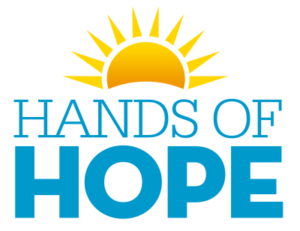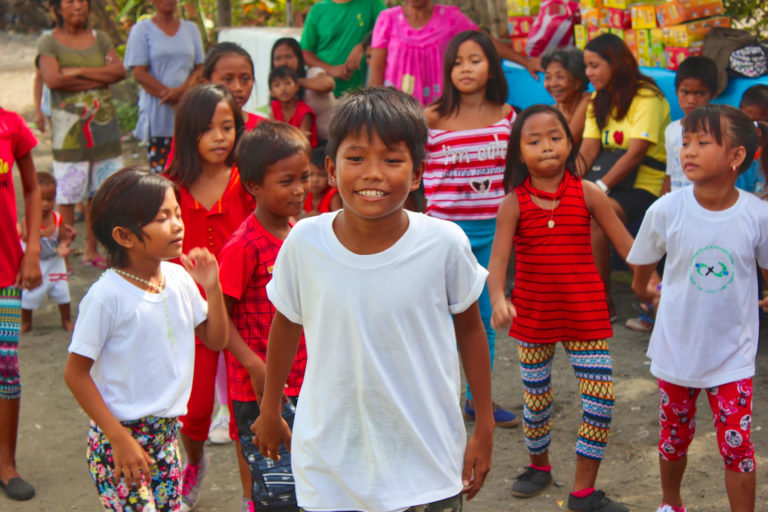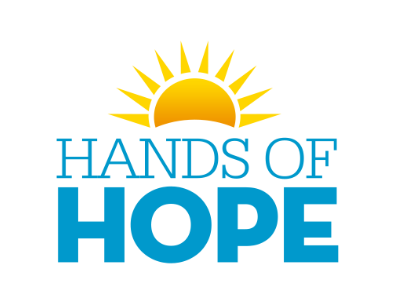Poverty and the poor (Part 1)
Poverty is an important word for any relief and development organization. After all, we exist in response to the material poverty of our time. However, poverty tends to be one of those words, whose meaning, we tend to take for granted. After all, everyone knows what poverty is; we see its images on television or hear its stories.
So, why define it?
Like so many of our ideas, the meanings we ascribe to an abstract noun reflect our way of looking at, thinking about, and making sense of our world. Therefore, we need to examine how we understand poverty as well as how we think and feel about the poor. We need to identify our assumptions and look for blind spots.
Where do we begin?
We need to begin by reminding ourselves that poverty is the condition of people whom we describe abstractly as “the poor.” Though, labelling people is always dangerous. We may forget that the poor are not an abstraction, but rather a group of human beings who have names, who are made in the image of God for whom Jesus died. The people who live in poverty are as valued, as important, as loved as those who do not. Why is this reminder important?
The world tends to view the poor as a group that is helpless thus giving ourselves permission to look down on them and even play god in their lives. The poor as a category are nameless, and this invites us to treat them as objects of our compassion, as a thing to which we can do what we believe is best. We, the non-poor, describe the poor with words like homeless, destitute, hopeless, working poor, marginalized, and so on.
Who are the poor?
Firstly, the poor are people, and we must begin there. A theological reflection tells us that the poor are whole, living people, inseparably body, soul, mind, and heart. Secondly, they are persons embedded in families, communities, and corresponding social systems. Like us, the poor are encumbered selves. Finally, the biblical narrative tells us that the poor are made in the image of God and thus have gifts, skills, and the potential to become kingdom-like, just as we do.
(These thoughts are based from Bryant L. Myers book, Walking With The Poor: Principles and Practices of Transformational Development.)
Love and Blessings

Duane, Jenny & Joe


